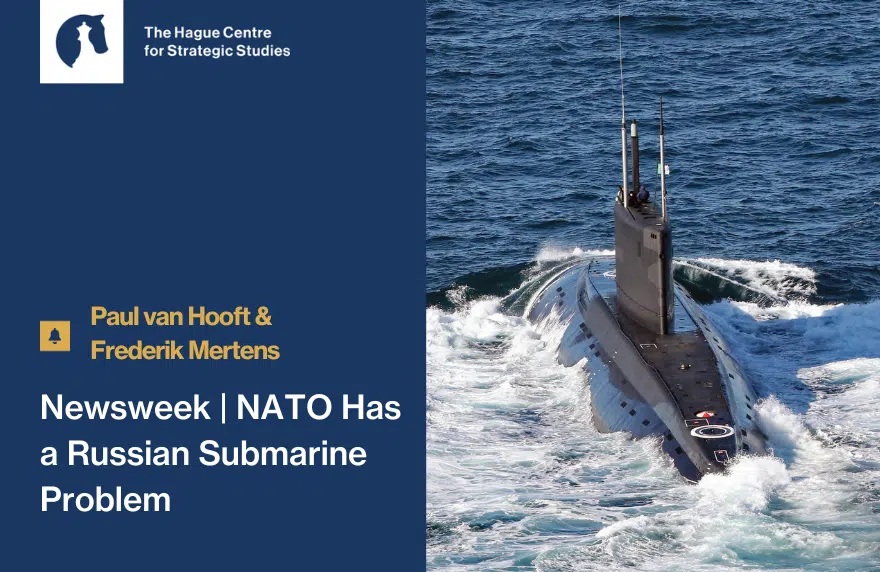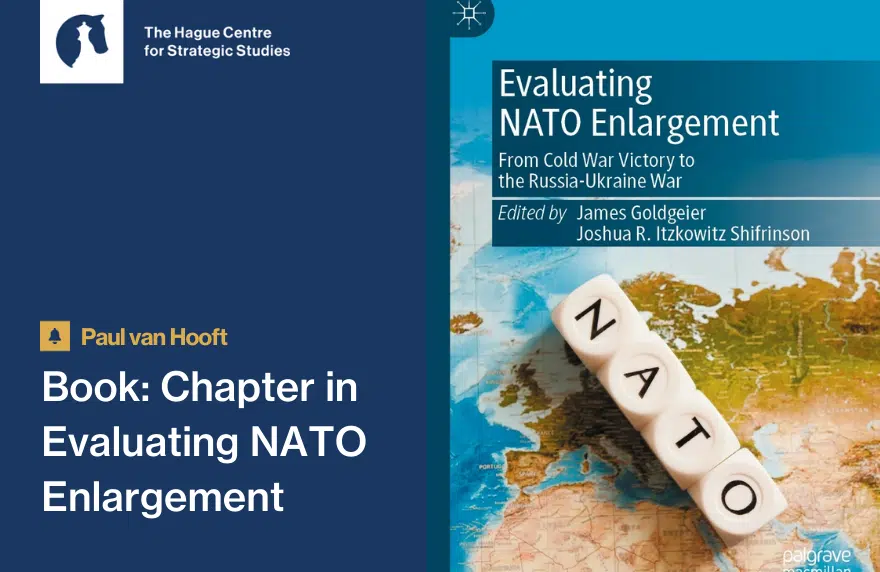Since Russia’s invasion of Ukraine in 2022, the enlargement of NATO (from the late 1990s to early 2000s) has been blamed for the deterioration of NATO-Russia relations, Russia’s increasing belligerence and has been used as an excuse by the Russian government for its invasion of Ukraine. But NATO enlargement has also been incorporated into discussions on the ability of Europe to maintain its own security and the desire for greater European strategic autonomy. So, what is the history and consequences of NATO’s post-Cold War enlargement into Central and Eastern Europe?
On the 17th of May 2023, HCSS hosted an online seminar to discuss NATO enlargement and its consequences. The seminar follows the recent publication of Evaluating NATO Enlargement: From Cold War Victory to the Russia-Ukraine War by Palgrave Macmillan (Eds. James Goldgeier and Joshua Shifrinson) and acted as an expert book launch for the work.
The seminar featured input from three of the authors, including editors James Goldgeier and Joshua Shifrinson, as well as senior strategic analyst Paul van Hooft, who contributed the chapter: Every Which Way But Loose: The United States, NATO Enlargement, European Strategic Autonomy and Fragmentation.
Anna van Zoest, Director of the Atlantic Commission, delivered a keynote during the seminar, and HCSS strategic analyst Davis Ellisonon discussed applicable lessons from enlargement to triple transformation and Afghanistan, to China. The webinar was moderated by HCSS director of research Tim Sweijs.
Missed it the first time? You can now rewatch it here on the HCSS YouTube channel!
The online seminar builds on previous HCSS events, including the Transatlantic Dialogues Series (Co-organised with the US Embassy of the Hague) which is co-led by Paul van Hooft.








